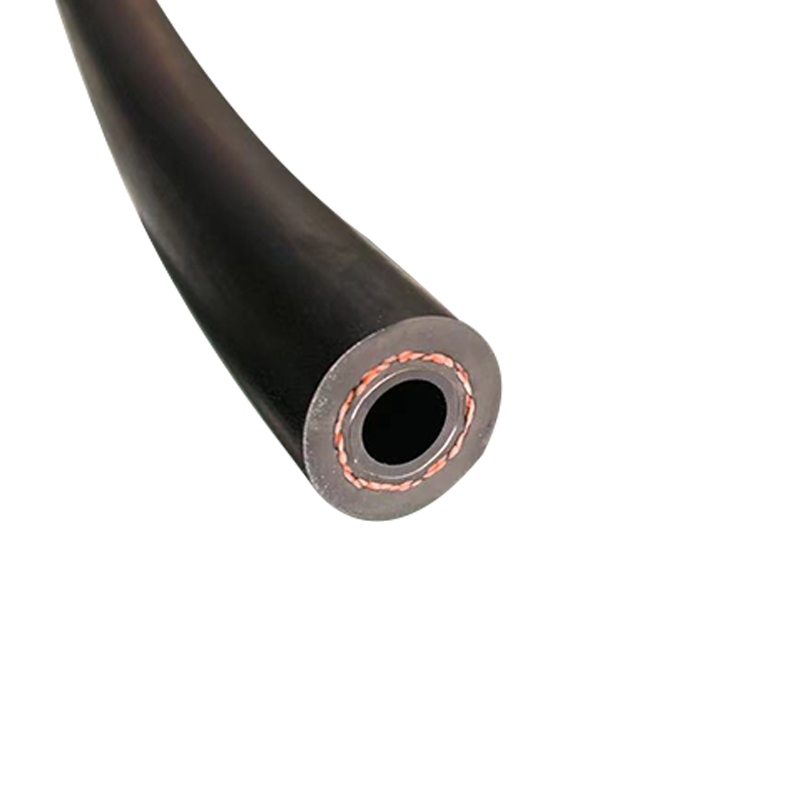Choosing the Right Hydraulic Brake Lines for Your Trailer Needs
දෙසැ. . 06, 2024 09:51 Back to list
Choosing the Right Hydraulic Brake Lines for Your Trailer Needs
Understanding Hydraulic Brake Lines for Trailers
Hydraulic brake lines are an integral component of trailer braking systems, ensuring safe and effective stopping power when towing heavy loads. The proper functioning of these systems is essential for both the safety of the vehicle and the stability of the cargo being transported. In this article, we'll explore the key aspects of hydraulic brake lines, including their construction, function, maintenance, and the benefits they offer over other braking systems.
What Are Hydraulic Brake Lines?
Hydraulic brake lines are tubes or hoses that transport brake fluid from the master cylinder to the brake components (such as the brake calipers or wheel cylinders) on the trailer. When the driver applies pressure to the brake pedal, the master cylinder generates hydraulic pressure by forcing brake fluid through the lines. This pressure activates the brakes, allowing the trailer to slow down or come to a stop. The design and materials used in hydraulic brake lines are critical because they must withstand high pressures and resist corrosion caused by exposure to moisture, road salt, and various chemicals.
Components of Hydraulic Brake Systems
A typical hydraulic braking system for trailers consists of several key components
1. Master Cylinder This is the heart of the hydraulic system, where brake fluid is pressurized and sent through the brake lines.
2. Brake Lines Made of high-pressure-rated materials, hydraulic brake lines can be either rigid metal pipes or flexible rubber hoses. Common materials include stainless steel or DOT-approved rubber.
3. Brake Calipers or Wheel Cylinders These components receive the brake fluid pressurized from the master cylinder and apply force to the brake pads or shoes against the braking surface.
4. Brake Fluid A specially formulated liquid that transmits force within the hydraulic system. It is crucial to use the correct type of brake fluid as per the manufacturer’s recommendations.
5. Bleed Valves These components are used to remove air from the brake lines, ensuring that the braking system functions optimally. Air in the lines can lead to a spongy brake feel and reduced braking efficiency.
Advantages of Hydraulic Brake Lines
Hydraulic brake systems offer several advantages over mechanical or electric braking systems for trailers
hydraulic brake lines for trailers

1. Stronger and More Responsive Hydraulic braking provides a more consistent and stronger stopping power, especially important for heavier loads. The system can distribute braking force evenly across all wheels, enhancing stability.
2. Ease of Maintenance While regular checks are necessary, hydraulic brake lines generally require less maintenance compared to mechanical brakes that have moving parts that can wear out more quickly.
3. Improved Modulation Drivers can achieve finer control over braking, allowing for smoother stops and reductions in speed. This is particularly valuable in variable traction conditions like wet or slippery roads.
4. Self-Adjusting Many hydraulic systems feature self-adjusting capabilities to ensure optimal braking performance over time, adapting to any wear on the brake pads or shoes.
Maintenance of Hydraulic Brake Lines
To ensure the longevity and effectiveness of hydraulic brake lines, regular inspection and maintenance are vital. Here are some key maintenance tips
1. Check for Leaks Inspect hoses and connections for any signs of leaks, which can lead to brake failure. Even minor leaks should be addressed immediately to prevent loss of brake fluid.
2. Regular Fluid Replacement Brake fluid can absorb moisture over time, which may degrade its performance. It's recommended to replace the brake fluid every 1-2 years, or as specified by the manufacturer.
3. Inspect Brake Lines and Fittings Look for signs of wear, rust, or damage on metal brake lines and fittings. Replace any worn or damaged components promptly.
4. Bleed the System Regular bleeding of the brake lines will help remove any air bubbles that could compromise braking performance.
5. Professional Servicing Consider having a professional mechanic inspect and service your hydraulic brake system periodically, especially before long trips or heavy towing.
Conclusion
Hydraulic brake lines are essential for safe and efficient trailer operation. Understanding their components, advantages, and maintenance needs contributes significantly to towing safety and performance. With the right knowledge and care, trailer owners can ensure their hydraulic braking systems provide reliable stopping power for years to come. Adopting regular inspection and maintenance practices can further enhance safety on the road, making each journey smoother and more secure.
Latest news
-
Air Conditioning Charging Hose: Durable AC Recharge Kits
NewsAug.22,2025
-
Premium 4890 AC Hose | Durable & Perfect Fit Replacement
NewsAug.21,2025
-
High-Quality AC Hose: Compressor to Evaporator for Car
NewsAug.19,2025
-
Glass Storage Jar with Acacia Vacuum Vented Cover - HEBEI KEMO|Thermal Resistance, Food-Grade Safety, Eco-Friendly
NewsAug.18,2025
-
Glass Storage Jar with Acacia Lid - Hebei Kemao | Heat-Resistant, Eco-Friendly
NewsAug.18,2025
-
Glass Storage Jar with Acacia Vacuum Vented Cover - HEBEI KEMO|Thermal Resistance,Eco-Friendly Storage
NewsAug.18,2025
